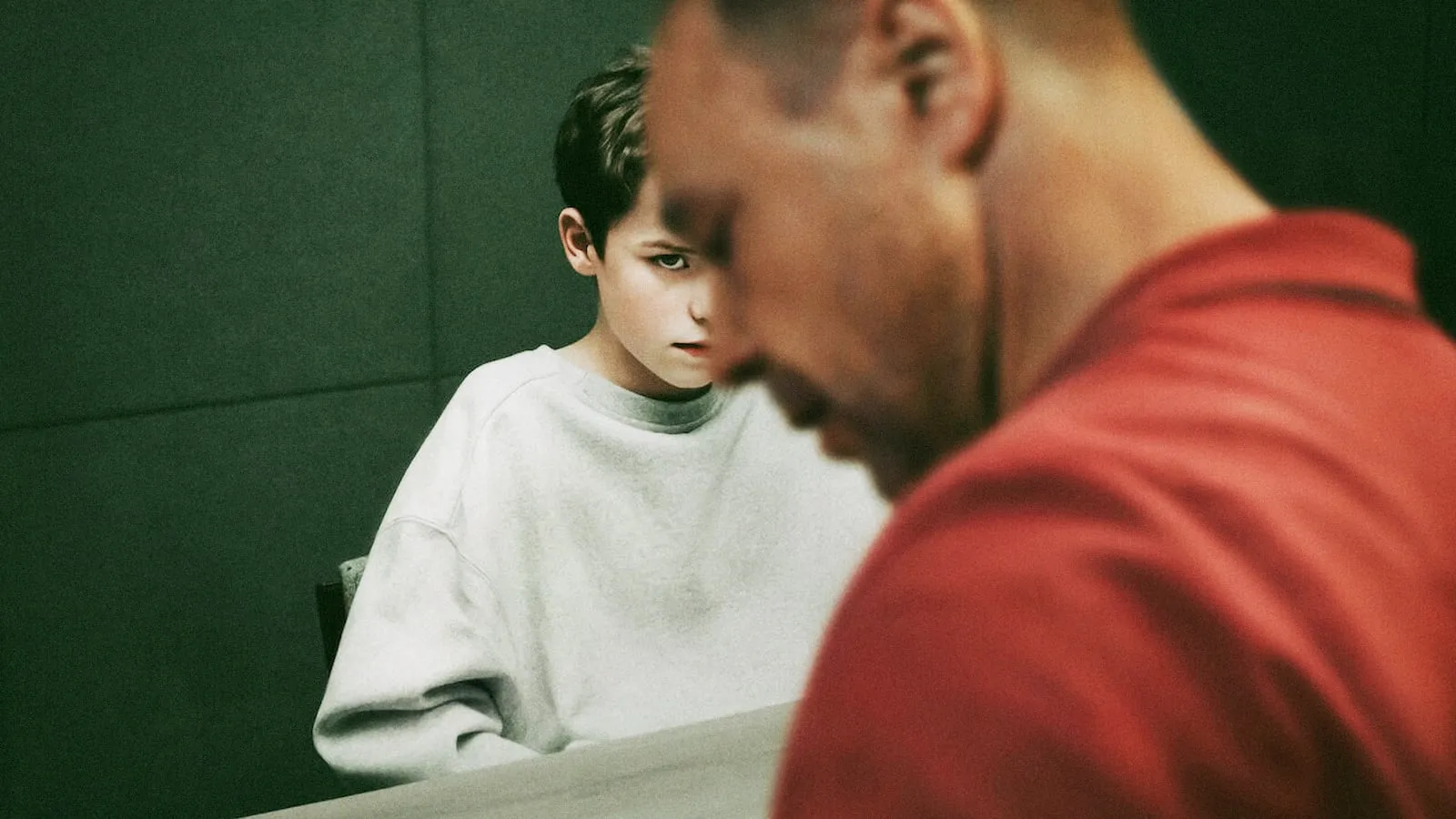
Stephen Graham gives me pause. I think he is a brilliant actor, and I’m sure he’s a great guy, but he has been in so many heart-wrenching performances, I get short of breath when I see him on the screen. I know there will be pain, soon, and I know he will perform in a way that makes it impossible to ignore that pain. That’s why I had been dancing around Adolescence when picking new shows to watch, until my wife picked it for me.
He is the most recognizable cast member on Adolescence, where he is also the co-creator. The show starts with the police barging into his home to arrest his son and goes from there, to eventually end in the same house, in the son’s bedroom. The show is only four episodes, close to an hour each. It will be my favourite TV show of 2025, unless something better comes along. I won’t be holding my breath for that.
The rest of this post contains spoilers.
Adolescence makes many storytelling decisions that I commend. The first one to strike you will be that the episodes don’t have any cuts, and each episode tells its story in a roughly one-hour-long continuous take. While watching, I was sure there had to be invisible cuts. Reading up on it later, though, I learned that there are none. You have to respect that technical achievement, even though it doesn’t really add anything to the storytelling whether there are invisible cuts or not. Adolescence might be an intimate story, but its scenes are not small, maybe with the exception of the third episode.
Beyond the technical aspect, this means that the story has to be told in four real-time hours. That is incredibly difficult to pull off, considering the story told spans months. After seeing the first episode, I was sure that the no-cut would be a single episode choice, because I couldn’t think of a way where they could tell the entire story in four hours where each hour is in real-time. This does lead the show to tell its story in a unique way, though, one that I really appreciated. I’m glad we didn’t get unrealistic courtroom scenes, for instance, or the usual police investigation scenes filled with aha moments. By the end of the first episode, it’s very clear this is not a whodunit, and from there it really opens up.
I saw some reviews online that were disappointed with the last episode because of its anticlimactic nature. I don’t know what people expected, though, with what happened being so clear. I actually thought it brought the son Jamie’s arc to a satisfying conclusion when he said he would change his plea to guilty. He has done it, and he will face the consequences by being incarcerated. I feel like what happens after that is another story, for someone else to tell.
We are in the meantime watching the other half of the perpetrator, the ones who will not be punished by the legal system, but by their social circles. Who would you blame if this happened somewhere in proximity to you? A 13-year-old boy himself? His school or teachers? Social media and incel influencers? Or would your first reaction be to blame his parents? I know my mind would wander there pretty quickly. But we see his parents depicted as fairly good parents. Surely they made some mistakes, but would it be wrong for me to assume them to be good parents, compared to the average ones in a low- to middle-income, suburban English family? You can see this clearly in the way they treat their daughter, and more importantly in the way their daughter treats them. If we can’t find any one party to clearly blame, maybe we need to consider how we are systemically failing our young generations.
My review: 9/10.